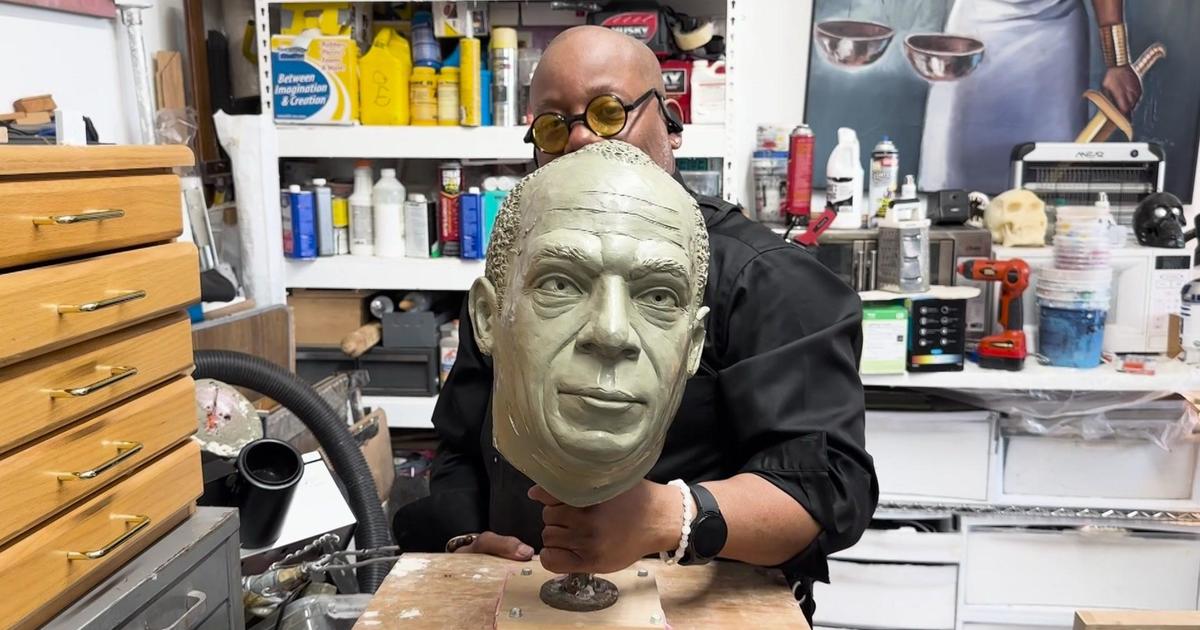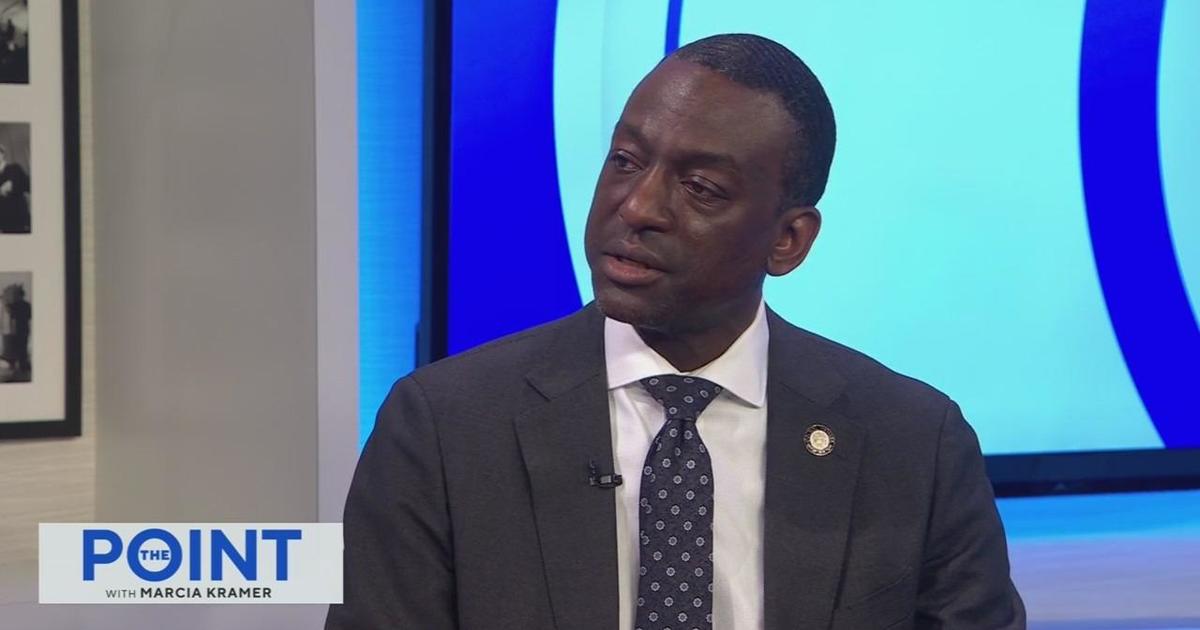World Renowned Physicist Stephen Hawking Dead At 76
LONDON (CBSNewYork/AP) -- Stephen Hawking, whose brilliant mind ranged across time and space though his body was paralyzed by disease, has died, a family spokesman said.
He was 76 years old.
"He was a great scientist and an extraordinary man whose work and legacy will live on for many years," his children Lucy, Robert and Tim said in a statement.
The best-known theoretical physicist of his time, Hawking wrote so lucidly of the mysteries of space, time and black holes that his book, "A Brief History of Time," became an international bestseller, making him one of science's biggest celebrities since Albert Einstein.
He appeared on "Star Trek: The Next Generation" and "The Big Bang Theory," voiced himself in "The Simpsons" cartoon series and was celebrated in the 2014 Oscar-winning biopic "The Theory of Everything." He was also one of President Barack Obama's first recipients of the Medal of Freedom, awarded because he had overcome disability to push the boundaries of science, CBS2's Mark Phillips reported.
People whose work and minds were touched by Hawking took to Twitter to celebrate his genius.
Even though his body was attacked by amyotrophic lateral sclerosis, or ALS, when Hawking was 21, he stunned doctors by living with the normally fatal illness for more than 50 years.
"He was asking and trying to address the very biggest questions we were trying to ask: the birth of the universe, black holes, the direction of time," said University of Chicago cosmologist Michael Turner. "I think that caught people's attention."
And he did so in an impish way, showing humanity despite being in a wheelchair with ALS, the degenerative nerve disorder known in the U.S. as Lou Gehrig's disease. He flew in a zero-gravity plane. He made public bets with other scientists about the existence of black holes and radiation that emanates from them — losing both bets and buying a subscription to Penthouse for one scientist and a baseball encyclopedia for the other.
"The first thing that catches you is the debilitating disease and his wheelchair," Turner said. But then his mind and the "joy that he took in science" dominated. And while the public may not have understood what he said, they got his quest for big ideas, Turner said.
Andy Fabian, an astronomer at Hawking's University of Cambridge and president of the Royal Astronomical Society, said Hawking would start his layman's lectures on black holes with the joke: "I assume you all have read 'A Brief History of Time' and understood it." It always got a big laugh.
"You'd find the average astronomer such as myself doesn't even try to follow the more esoteric theories that (Hawking) pursued the last 20 years," Fabian said. "I've been to talks Hawking has given and cannot follow them myself."
Hawking, who was born 300 years to the day after Galileo died, was the Lucasian Professor of Mathematics at Cambridge University. It was the same post that Isaac Newton held. Both physicists and astrophysicists claimed him as their own. And much of Hawking's work was in the field of cosmology, a deep-thinking branch of astronomy that tries to explain the totality of the universe.
Hawking's title "is not relevant here; what matters is what his brain did," said Neil deGrasse Tyson, director of New York's Hayden Planetarium. "We claim him as an astrophysicist because his laboratory was the universe."
And Hawking's black hole work in the mid-1970s made a crucial connection in physics. Until Hawking discovered radiation coming from black holes — named "Hawking radiation" after him — the two giant theories in physics, Einstein's general relativity and quantum mechanics, often conflicted. Hawking was the first to show they connected, which Turner and others described as breakthrough at the time.
The concept that stuff, radiation, comes out of black holes may have upset science fiction authors, but it inspired young scientists such as Tyson, who described it as "spooky profound."
The idea behind this was also novel because it said "black holes aren't forever," Turner said.
Hawking also pioneered a "no hair" theory of black holes that they were simple, with just spin, mass and charge and nothing else.
Both of those concepts are cornerstones of current black hole theory.
Hawking's other work went beyond black holes into the more cosmic, the origins of the universe. Initially he theorized about the "singularity" of the baby universe in thick but elegant mathematical equations comparing early time to wave functions. Later, his own work contradicted some of that and he was instrumental to theories about inflationary cosmology, where the universe's beginning is more of a half ball. That theory got its kick-start at a conference Hawking hosted in 1982 with a dinner party and croquet match, Turner said.
The high-concept theory-making didn't quite match the personality behind it. Colleagues often mention his off-the-wall humor, his big grin, his stubbornness.
And even the public picked up on his cheeky attitude instantly, Turner and Freedman said.
"He added a human face to science," Turner said. "It goes well beyond the wheelchair."
The bigger story was how the public became fascinated with this small man, stuck in a wheelchair with a worsening disease, and an intellect that few could fathom. They related to the man, Stephen Hawking, and his story, Freedman said.
The insight he gave on the mysteries of the cosmos was just a bonus.
(© Copyright 2017 CBS Broadcasting Inc. All Rights Reserved. The Associated Press contributed to this report.)



